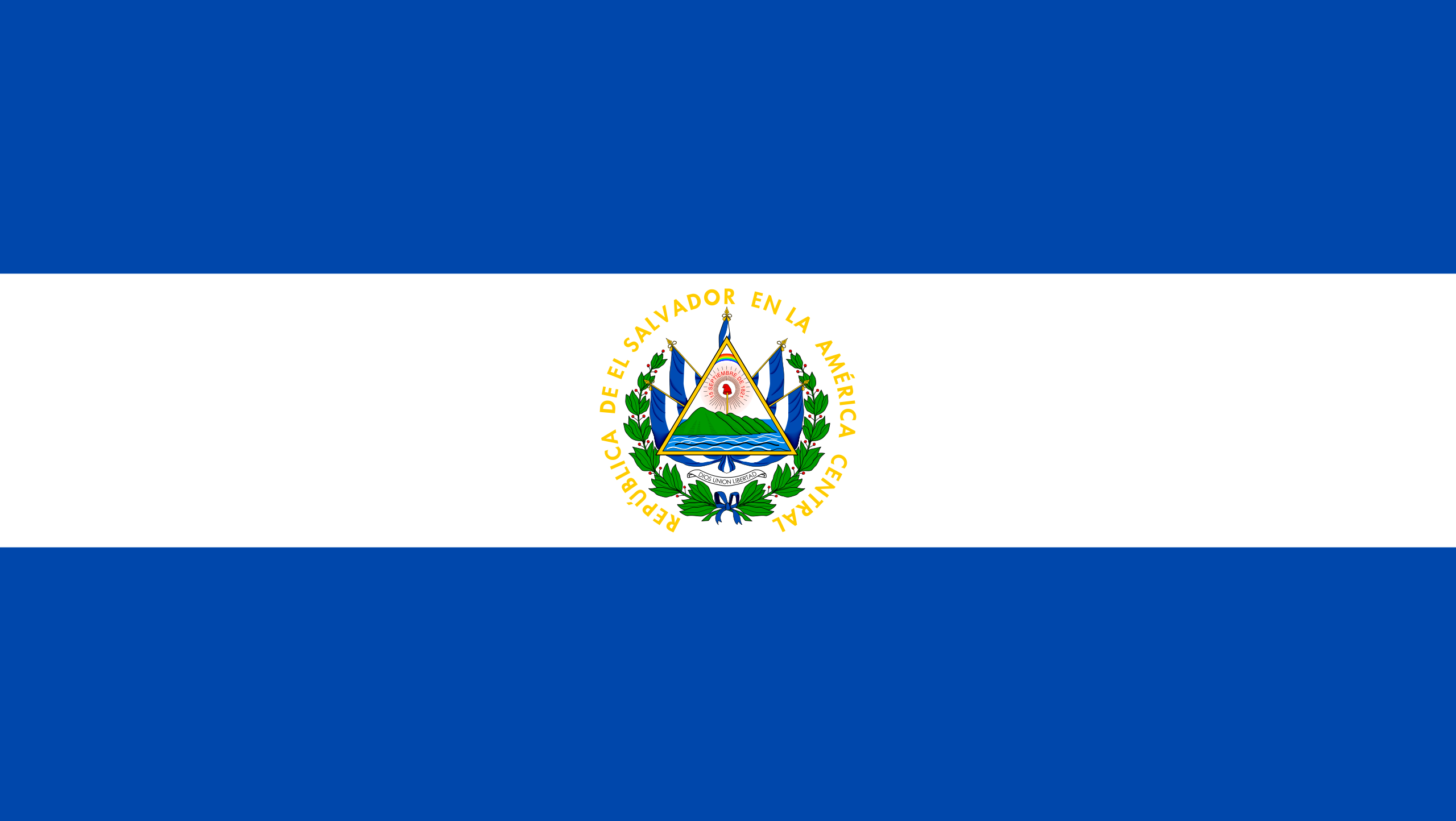Almost 30 years after the end of the armed conflict, Indigenous families in Guatemala are still feeling the violent effects of displacement and genocide.
This month we wrote to authorities about a violent eviction carried out by the Guatemalan National Police (PNC) on a Maya Indigenous campesino community in Kumatz, Barrillas municipality, Huehuetenango Department.
On July 19, 2023, the governor ordered 2,500 officers of the National Civil Police (PNC), including riot police, to carry out the violent eviction of these Indigenous families from their ancestral lands. Several community members, both men and women, were physically assaulted by police and dragged out by their hair. The following day, the families’ houses, personal belongings, and livestock were burned by the private security forces of private landowners who have been accused by the community of arbitrarily appropriating their land during the internal armed conflict.
Since the families returned to reclaim their ancestral lands after decades of displacement, they have been met with harassment, surveillance, and armed violence by the private finqueros (plantation owners) now occupying their lands, culminating in a shooting in June 2023 that left two Q’anjob’al Mayan farmers dead (cf our letter of 24 JUN 2023).
With the future of the community of Kumatz uncertain, we are urging that authorities legally settle the land dispute, recognizing the ancestral stewardship of this land by the Maya Indigenous peoples and their forced displacement during the internal armed conflict.






